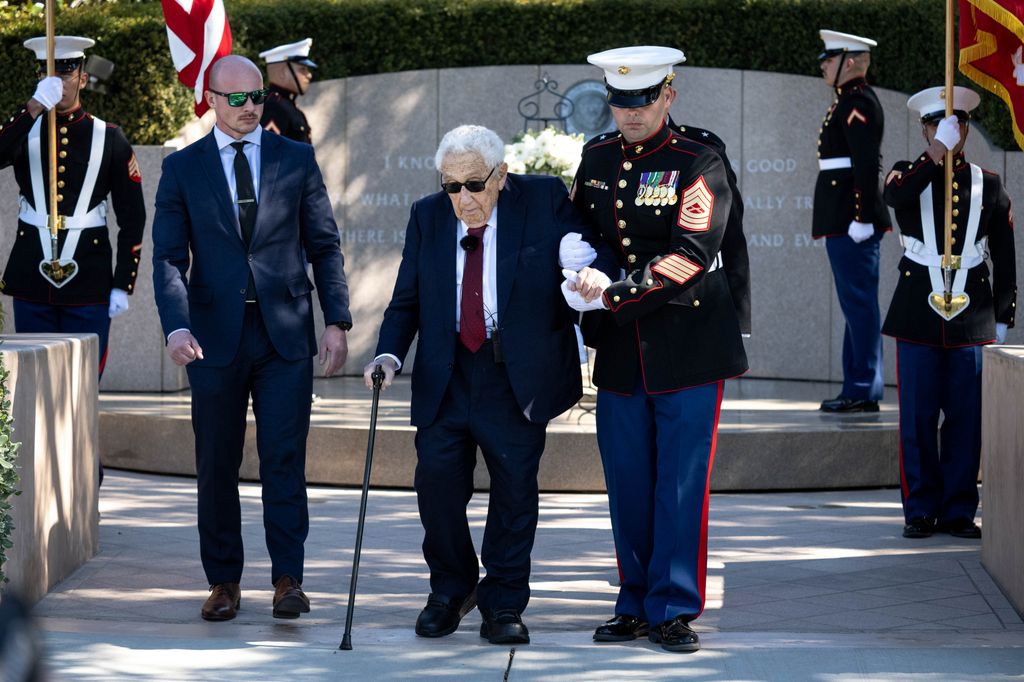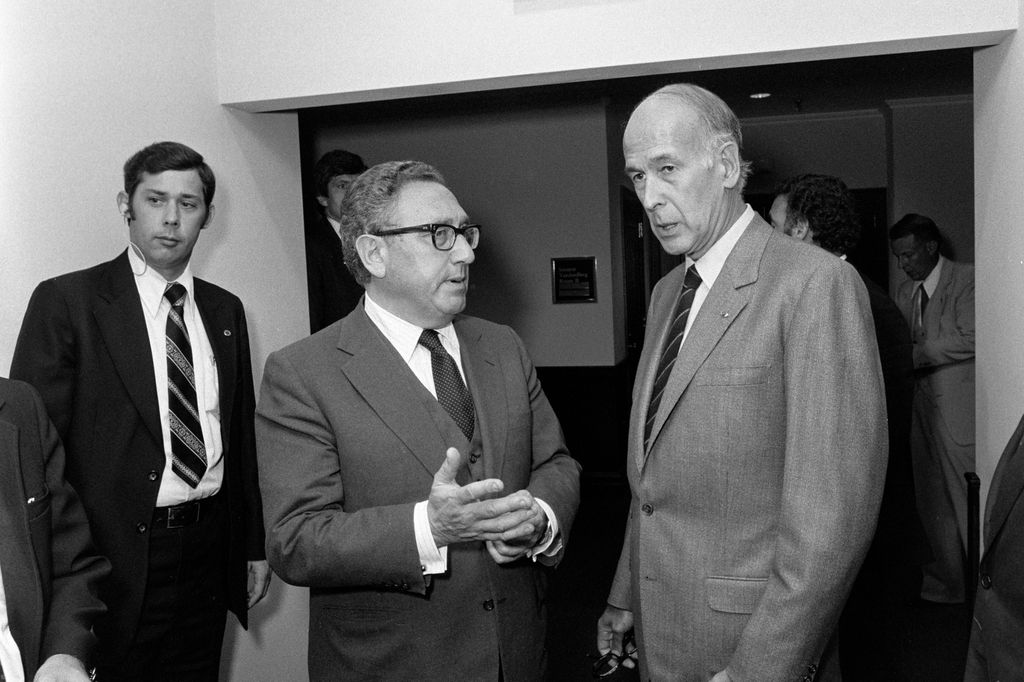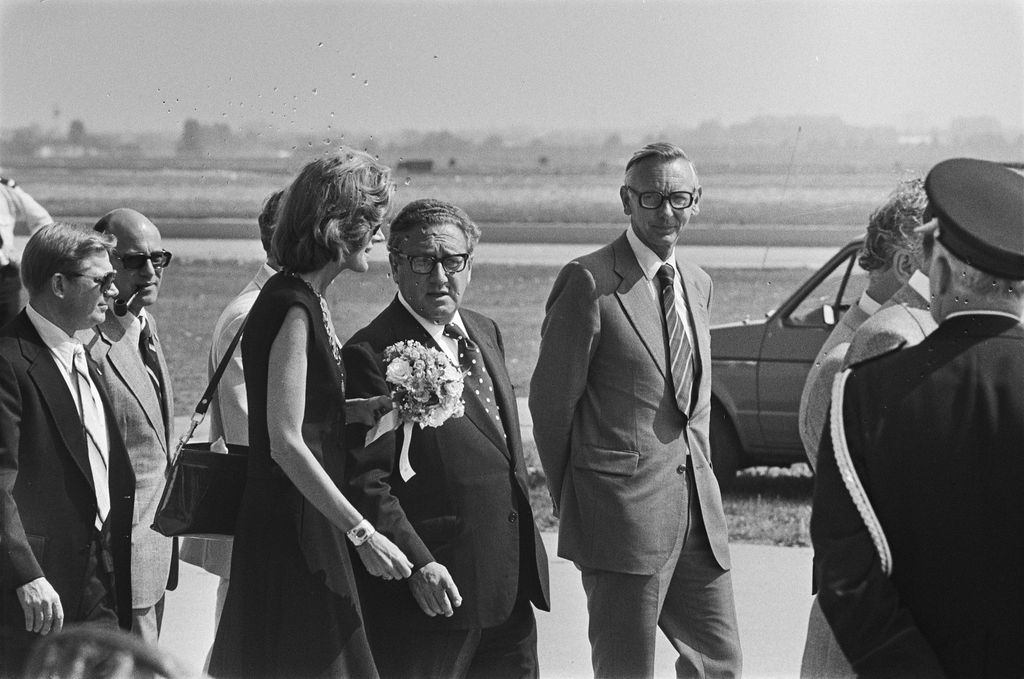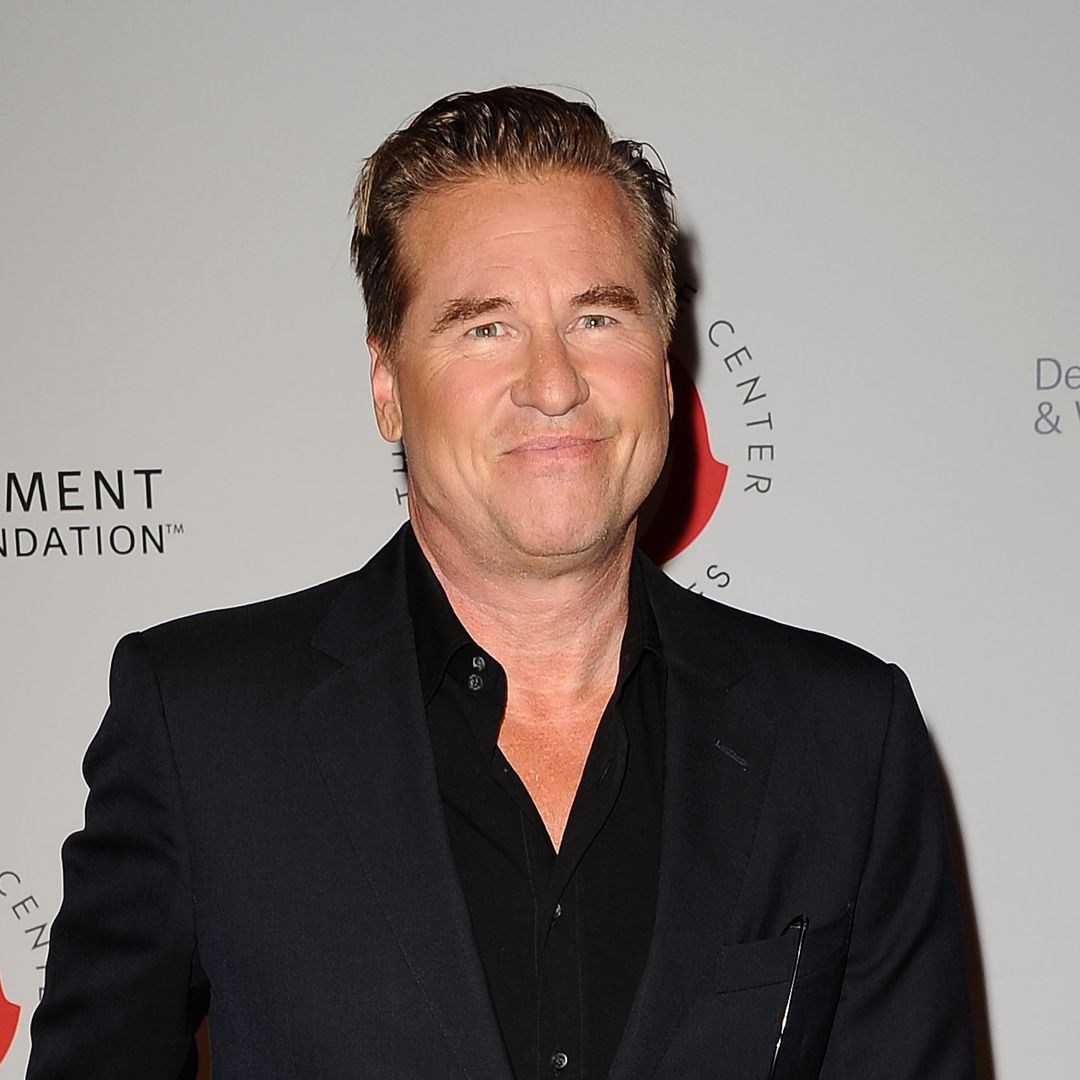Henry Kissinger, a towering figure in global diplomacy and a Nobel Peace Prize laureate, passed away at the age of 100 at his home in Connecticut.
His death marks the end of an era in which he played a pivotal role in shaping US foreign policy under Presidents Richard Nixon and Gerald Ford.
Born in Germany in 1923, Henry fled with his family to the United States in 1938 to escape Nazi persecution. He later became a naturalized US citizen, served in the Army during World War II, and pursued an illustrious academic career at Harvard University.
Henry's influence in world affairs was profound. As Secretary of State and National Security Adviser, he was instrumental in several landmark diplomatic achievements.
These include opening diplomatic relations with China, orchestrating US-Soviet arms control talks, fostering peace between Israel and Arab nations, and negotiating the Paris Peace Accords with North Vietnam.
Despite these accomplishments, his tenure was not without controversy. Henry was criticized for his support of anti-communist regimes in Latin America and for the secret US bombing campaign in Cambodia.
His receipt of the 1973 Nobel Peace Prize, shared with North Vietnam's Le Duc Tho, sparked resignations within the Nobel committee and remains one of the most debated awards in the prize's history.
Known for his distinctive voice and formidable intellect, Henry was a figure of both admiration and contention.
President Ford once described him as a "super secretary of state" but also noted his tendency towards self-assurance, which critics saw as egotism. His influence extended beyond policy; he was a cultural figure, recognized for his relationships with celebrities and his portrayal in the media as a charismatic ladies' man.
After leaving government service, Henry established a consulting firm, offering his expertise to corporate and political leaders. He remained an influential voice in international relations, authoring books and serving as a commentator on global affairs.
His later years were marked by efforts in some countries to question him about past US foreign policy decisions.
Henry's personal life was as storied as his public one. He married twice, first to Ann Fleischer, with whom he had two children, and later to Nancy Maginnes, an aide to New York Governor Nelson Rockefeller.
His legacy is one of complexity and contradiction, a man who shaped the geopolitical landscape of the 20th century and left an indelible, though sometimes contentious, mark on history. As the world reflects on his century-long life, the impact of Henry Kissinger's diplomatic strategies and decisions will continue to be studied and debated for generations to come.
Get the lowdown on the biggest, hottest celebrity news, features and profiles coming out of the U.S. Sign up to our HELLO! Hollywood newsletter and get them delivered straight to your inbox.













